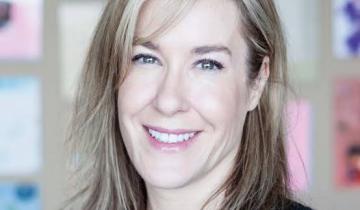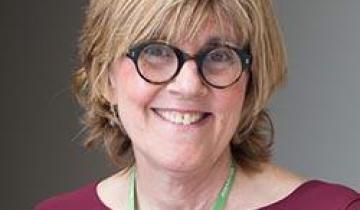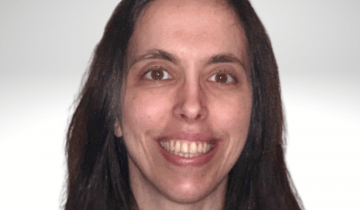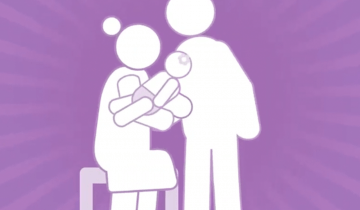Making informed decisions about care and treatment for cerebral palsy (CP) can be overwhelming, especially with the vast amount of medical research available. Through this guide, we aim to help you better understand the types of research you may encounter and provides practical tips for evaluating studies relevant to CP.
In Episode 4 of Coffee Talk, Nathalie and Jen discuss research and clinical trials.

Dr. Golda Milo-Manson discusses common sleep issues and solutions in cerebral palsy.

In Episode 2 of Coffee Talk, Nathalie and Jen discuss their experiences with sleep as it has impacted their sons and their lives.

Early diagnosis begins with a medical history and involves using neuroimaging, standardized neurological, and standardized motor assessments that indicate congruent abnormal findings indicative of cerebral palsy. Clinicians should understand the importance of prompt referral to diagnostic-specific early intervention to optimize infant motor and cognitive plasticity, prevent secondary complications, and enhance caregiver well-being.
CPF Executive Director Rachel Byrne and Chris Modlesky, PhD discuss exercise, fitness, research, research funding and his current research.

CPF Executive Director Rachel Byrne and Jocelyn Cohen, Vice President of Communications and Engagement at Cerebral Palsy Alliance Research Foundation discuss collaboration in research.

Sleep is important to all of us, but it's especially important for infants. When infants go to sleep, they start to create neural networks about what they've been learning during the day. It's estimated that as many as one in five children with disabilities have a sleep disorder, and that's higher than the rate of typically-developing children. Finding sleep interventions for these children is incredibly important so they can lay down their brain networks and continue to learn during their early childhood years.

